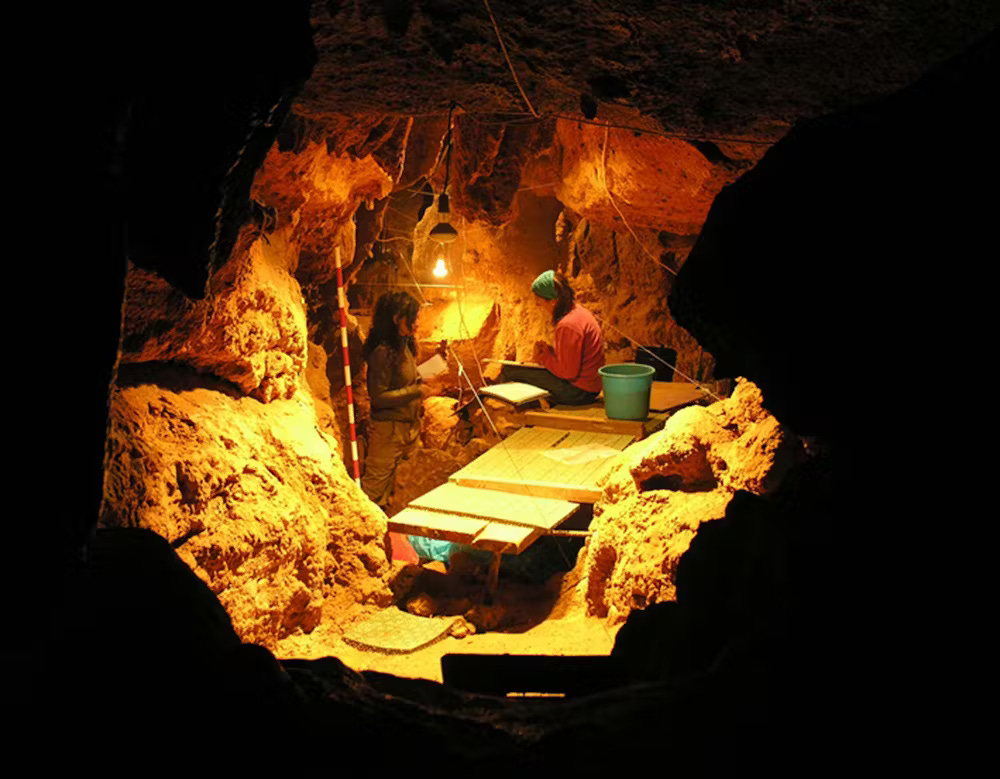Tracing Humanity’s Complex Ancestry: Evidence of Interbreeding and Survival
Manage episode 444969537 series 3444207
Unraveling the Complex Origins of Homo sapiens
At the core of understanding human evolution lies the question of human nature.
Were early Homo sapiens inherently peaceful or aggressive?
Did they dominate through conquest, or did they survive through cooperation
Recent fossil and genetic discoveries increasingly suggest that ancient humans were more collaborative than combative. These findings provide an intricate look at how our ancestors interacted with other hominins, revealing a pattern of interbreeding rather than conflict.
This emerging narrative portrays Homo sapiens as survivors navigating a challenging landscape. For much of early history, human existence was precarious. Homo sapiens lived among a multitude of other hominin species: Neanderthals inhabited Europe and the Middle East, Denisovans1 roamed across Asia, and smaller species such as Homo floresiensis2 (the "Hobbits") and Homo luzonensis occupied Indonesia and the Philippines3. Even Homo erectus persisted until about 112,000 years ago4. Despite this diversity, only Homo sapiens remain today, with traces of these extinct relatives still present in modern human DNA5.
9 επεισόδια





